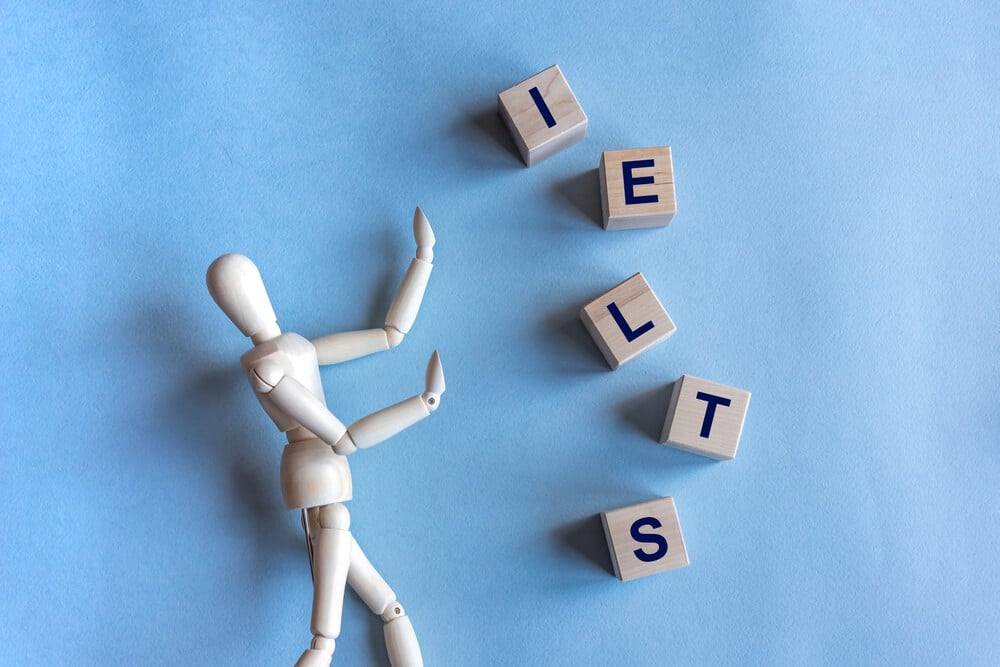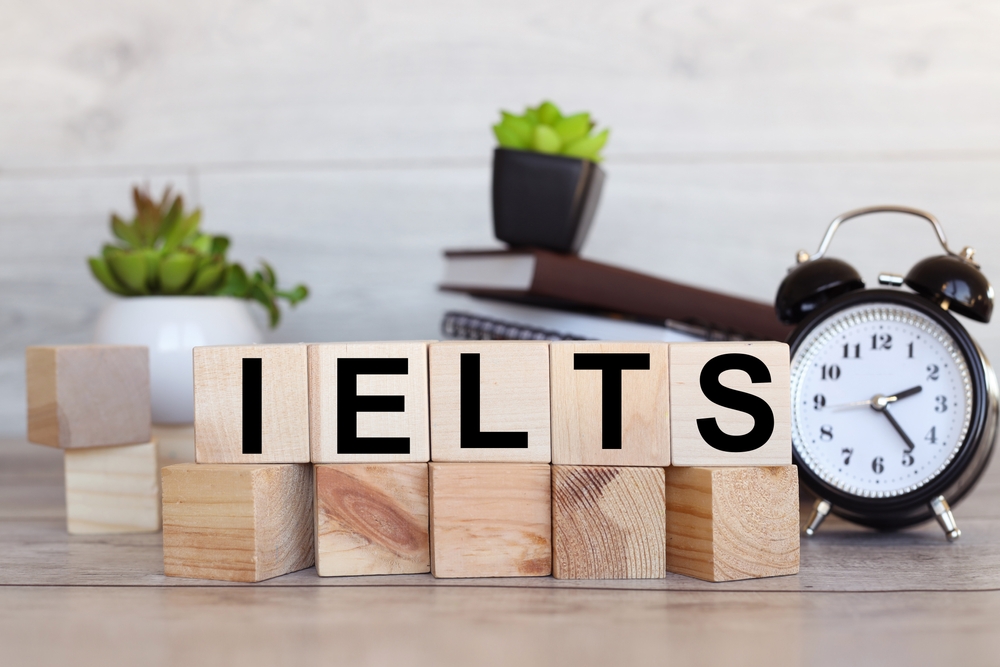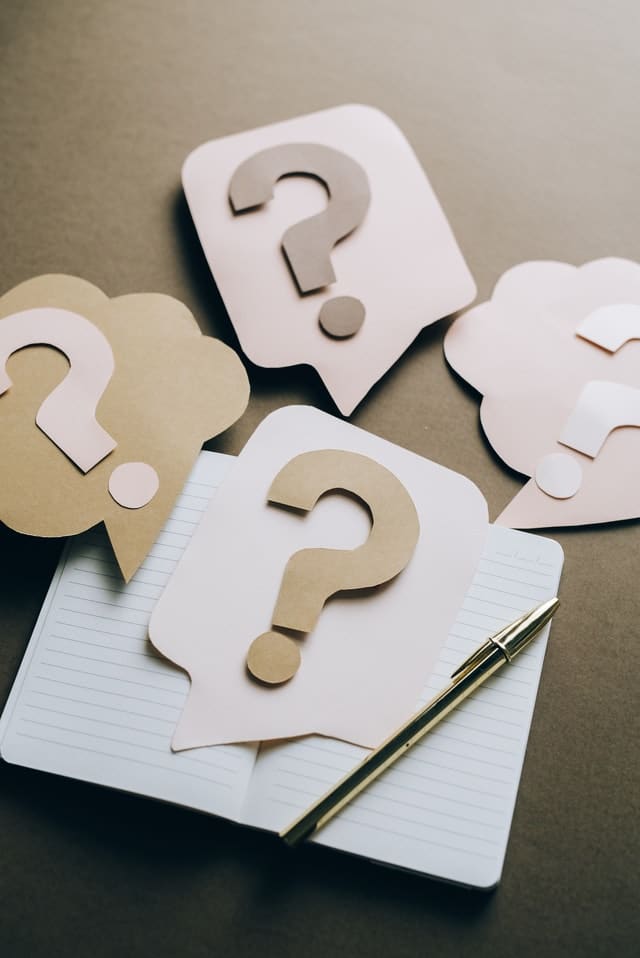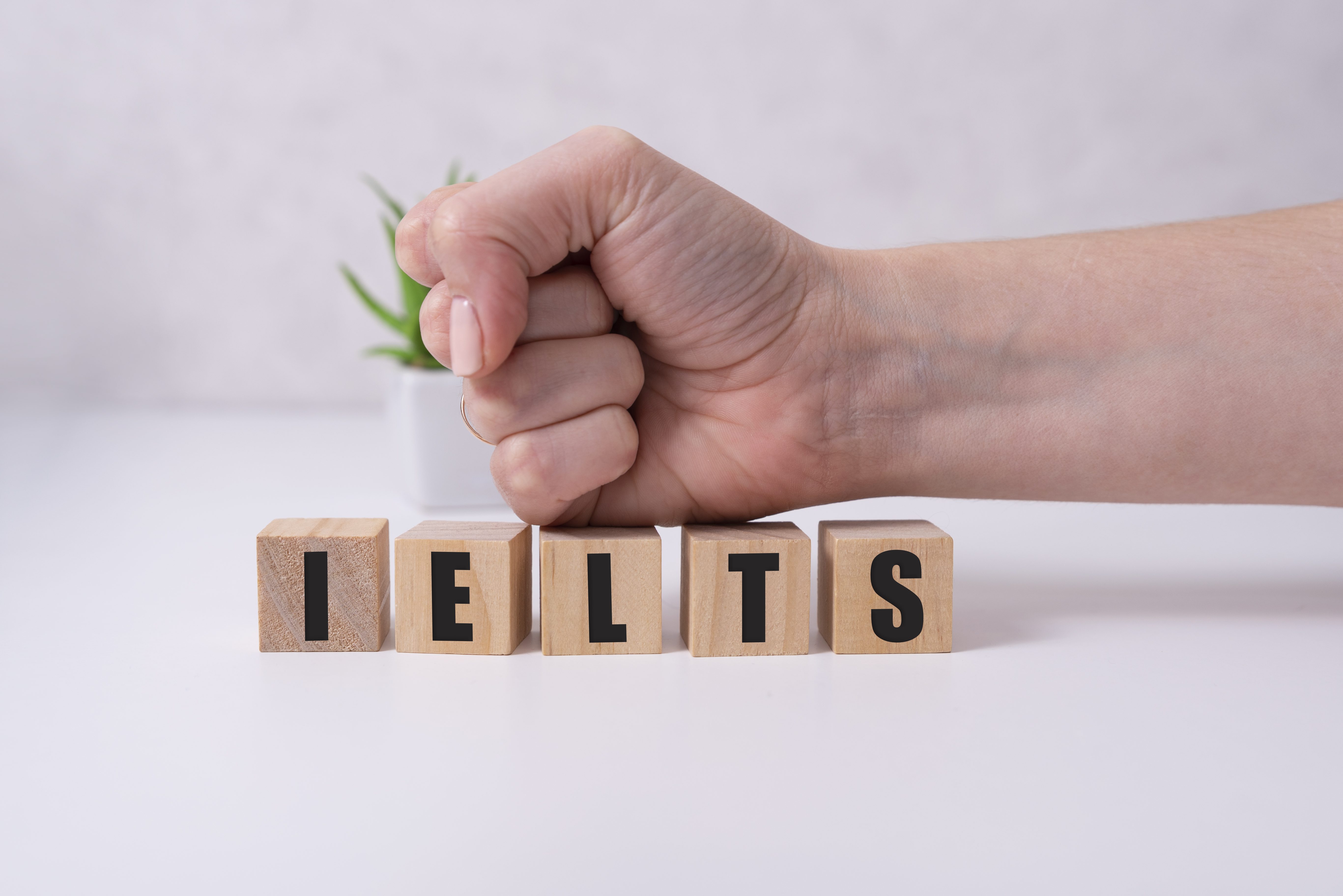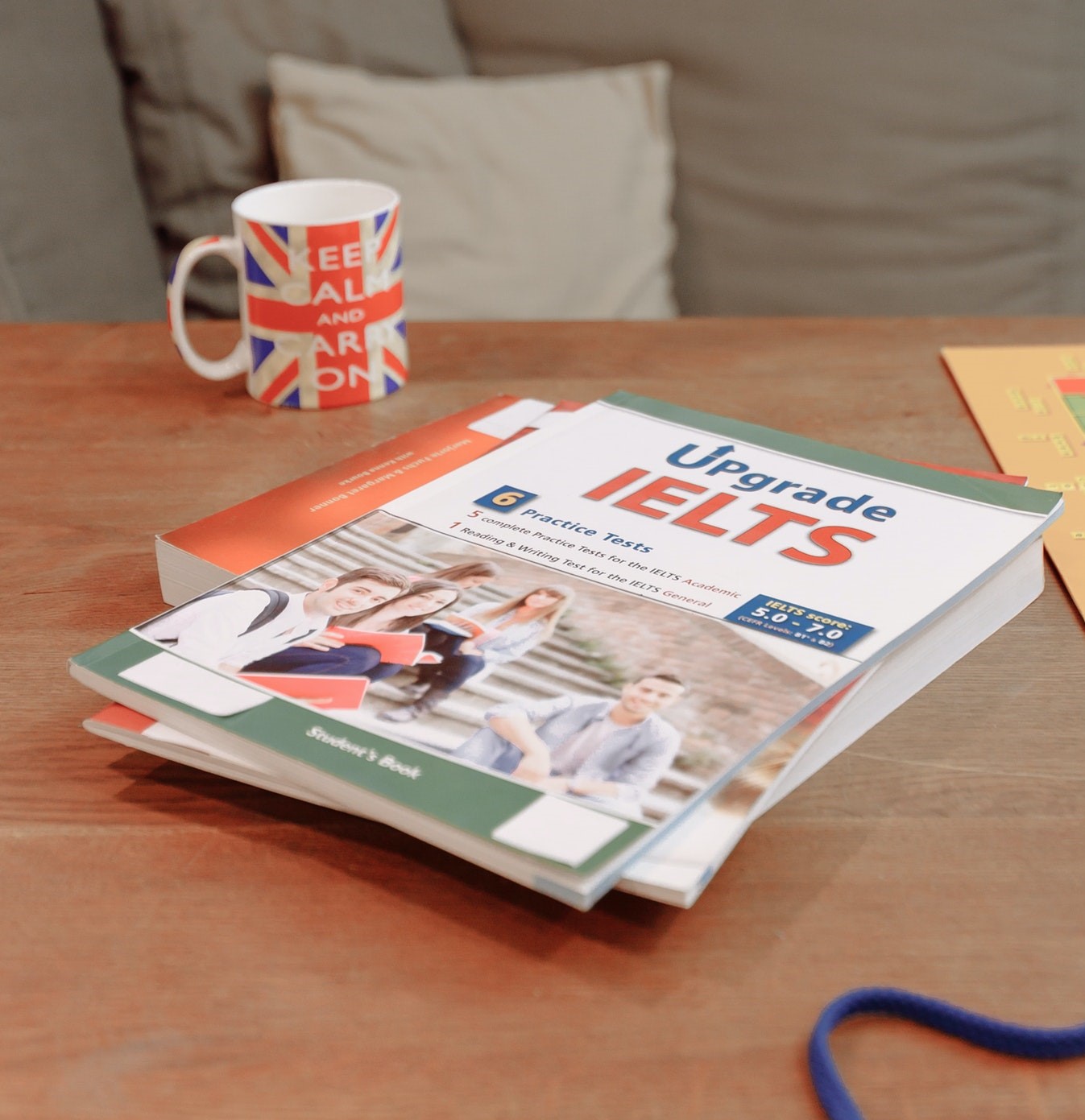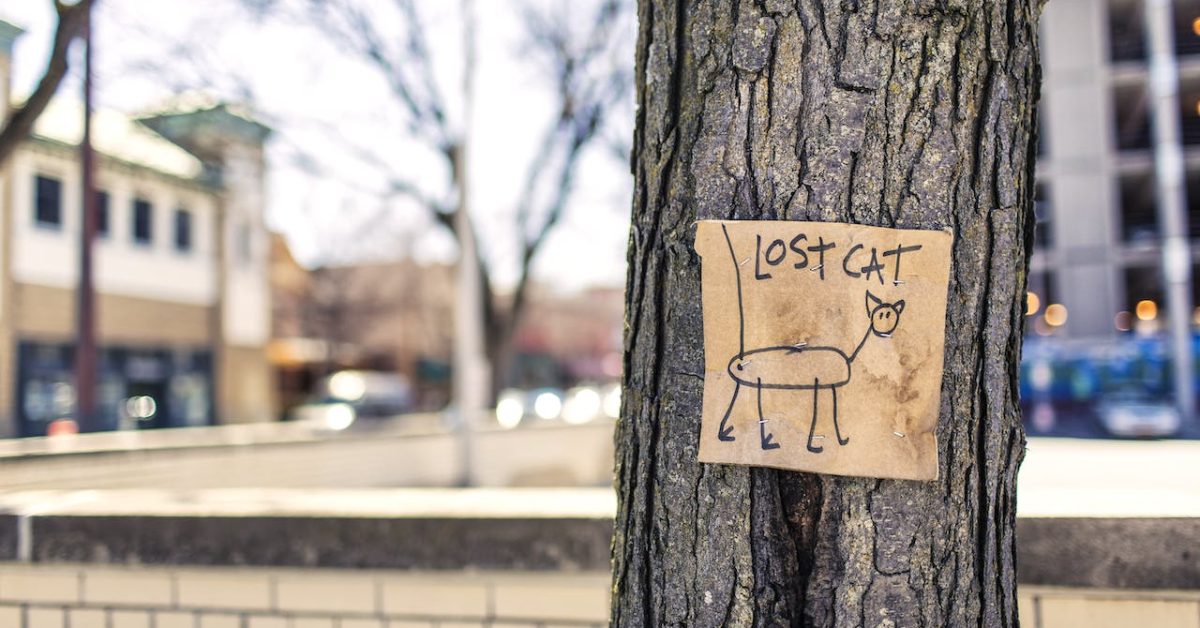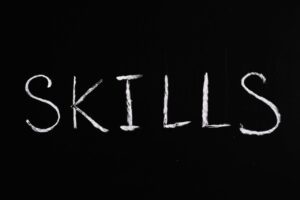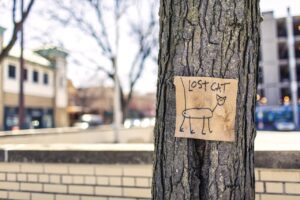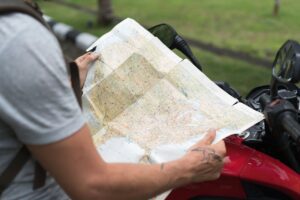Describe something important you lost – IELTS speaking part 2
Describe something important you lost
You should say:
- What the item was
- When you lost it
- What did you do after you lost it
And explain how you felt about it
Example 1
 “I’ll never forget the time I lost my phone at a music festival and it was a total nightmare. It was last summer, at this huge outdoor concert with tons of people and crazy good music.
“I’ll never forget the time I lost my phone at a music festival and it was a total nightmare. It was last summer, at this huge outdoor concert with tons of people and crazy good music.
I was having a blast, dancing and singing along to my favourite songs, when suddenly I realised my phone was nowhere to be found. I searched through my bag, my pockets, and even retraced my steps, but it was gone.
I was freaking out because I had all my important contacts, photos, and messages on that phone. I borrowed a friend’s phone and called my own, hoping someone would answer, but it went straight to voicemail. I also asked around if anyone had seen a lost phone, but no luck. I felt like I had lost a part of myself, and I was so frustrated and stressed out.
After the concert ended, I went to the lost and found area and luckily, someone had turned in my phone. I was beyond relieved and grateful. Losing something important like that taught me to be more careful and to always have a backup plan. It was definitely a lesson learned and I will never forget that heart-dropping feeling when you realise you’ve lost something valuable.
From that day on, I made sure to always keep an eye on my possessions and to never take them for granted. And let me tell you, I never want to go through that panic and anxiety again.
Thank you.”
- idioms
The idiom “a total nightmare” means a very unpleasant or frightening experience.
Example: Moving to a new city without any friends or family was a total nightmare for me.
To have a blast means to have a lot of fun or to enjoy oneself very much.
Example: We had a blast at the concert last night, the music was amazing and we danced all night long.
To freak out means to suddenly become very upset, excited, or scared.
Example: I freaked out when I saw the spider crawling on my leg.
The heart dropping feeling is a sudden and intense sensation of disappointment, sadness, fear, or anxiety.
Example:As soon as Jane heard the doctor’s diagnosis, she felt a heart dropping feeling and feared the worst.
The idiom “to keep an eye on something or someone” means to observe or monitor it/them closely.
Example: “I’ll keep an eye on my younger brother while you’re away to make sure he doesn’t get into any trouble.”
Example 2
 “So, let me tell you about the time I lost something super important. It was a very beautiful gold necklace, which was a very special gift from my mother on my 21st birthday.
“So, let me tell you about the time I lost something super important. It was a very beautiful gold necklace, which was a very special gift from my mother on my 21st birthday.
I lost it last summer during a trip to the beach with some of my friends. I remember we were all hanging out on the beach, having a blast when suddenly, I realised my necklace was missing. I had absolutely no idea where or when it fell off, but it was gone. At that moment, my heart sank and I felt like I had lost a part of myself.
After searching high and low for it in vain, I gave up and accepted that it was gone forever. To say I was devastated would be an understatement. I even had a good cry about it on the beach that day. It might sound silly, but that necklace had been with me through thick and thin, and losing it felt like losing a friend.
Although I never found my necklace, I learned a valuable lesson that day, which was to cherish and hold onto the things that truly matter to me. Sometimes, it’s only when we lose something that we realise its true value.
From that day on, I made a more conscious effort to take good care of the things I hold dear to my heart. Losing something that important made me realise that material possessions come and go, but memories and experiences are what truly matter in life.
Thank you.”
- Idioms
The idiom “to search high and low” means to look everywhere and leave no corner unexplored. It implies making an exhaustive effort to find something.
Example: I’ve searched high and low for my keys, but I still can’t find them anywhere.
“Through thick and thin” means unwavering support and loyalty, even during difficult or challenging times.
Example sentence: “My best friend has stuck by my side through thick and thin, always offering her support and encouragement.”
Describe something important you lost – IELTS speaking part 2
What kinds of people tend to lose things more often than others?
 “Well, I guess quite a few people who tend to lose things frequently are perhaps absent-minded individuals, as well as being a bit disorganised.
“Well, I guess quite a few people who tend to lose things frequently are perhaps absent-minded individuals, as well as being a bit disorganised.
I think these individuals may have a tendency to lose more important items such as their keys, wallet, or phone due to their forgetfulness or lack of focus.
On top of that, people who are always in a hurry or have a very hectic lifestyle may also be more prone to losing things in the rush.
However, I don’t believe it’s a universal trait and can vary from person to person. In my opinion, being responsible and organised is crucial in reducing the chances of losing important belongings.
For instance, putting items back in designated places, developing a routine, and being mindful of one’s surroundings can greatly help in avoiding losing things.”
What can people do to prevent losing things?
“I think to prevent losing things, individuals can take several precautions.
Firstly, they can develop a habit of checking their belongings before leaving a place and keeping them in designated spots.
For instance, always place keys in a designated bowl near the front door, and remember to make sure you’re leaving nothing behind in a taxi or restaurant.
What’s more,these days they can also use tracking devices, such as a key finder or a GPS tracker, to locate misplaced items.
On top of that, I believe that being organised and decluttering regularly can help reduce the chances of losing things.
Lastly, being mindful and attentive while handling items can also prevent unnecessary loss. “
What would you do if you saw something valuable that didn’t belong to you on the street?
 “Well, personally,If I saw something valuable that didn’t belong to me on the street, I would first try to find the owner.
“Well, personally,If I saw something valuable that didn’t belong to me on the street, I would first try to find the owner.
I would look around to see if anyone was searching for it or ask nearby individuals if they had lost anything.
If I couldn’t locate the owner, I would try to identify the item and turn it in to the nearest lost and found or police station.
Personally, I believe it’s extremely important to do the right thing and return something valuable to its rightful owner. It’s the honest and ethical thing to do.
For example, I once found a lost wallet on the street and was able to return it to its owner, who was extremely grateful. In my opinion, it’s important to act with integrity and be responsible for our actions.”
Do you think it’s important for children to learn to respect the value of things, and take care not to lose them?
“In my opinion, it’s absolutely crucial for children to learn the importance of respecting the value of things and taking care not to lose them.
I believe that this teaches them responsibility, appreciation, and a sense of ownership. By understanding that things have value, they will learn to take care of their belongings and not take them for granted.
For instance, if a child loses his expensive toy, he will understand the significance of it and not be careless in the future.
As well as that, these values will also translate into other areas of their life, such as respecting the possessions of others and valuing their own time and efforts.
In short, instilling this lesson in children is vital for their personal growth and development.”
More links to IELTS speaking part 2 and part 3 topics with example answers
Describe a person who is good at making people feel welcome in his/her home
Describe a time when you used a map
Describe a time you had an interesting conversation with an elderly person
Describe a trip you were looking forward to that was delayed or postponed
Describe an unusual holiday or vacation you went on
Describe a time you bought something at a street market

